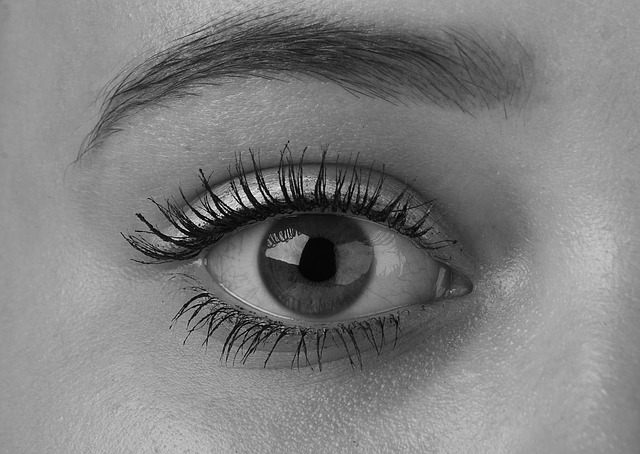No fewer than 1.2 million Nigerians above 40 years are living with glaucoma, an Ophthalmologist, Dr Abiola Oyeleye, said on Wednesday in Lagos.
Oyeleye, who is the chairman, Ophthalmological Society of Nigeria, Lagos State chapter, made the disclosure in an interview with the News Agency of Nigeria (NAN) in Lagos.
The expert spoke on the sidelines of an event marking the 2016 World Glaucoma Week (WGW), slated for March 6 to March 12, with the theme: “Beat Invincible Glaucoma’’.
He said that the figures were valid statistics from the Nigerian National Blindness and Visual Impairment Survey of 2005 to 2007.
According to him, up to 90 per cent of those affected with glaucoma are unaware that they have glaucoma and one in five people, that is, 20 per cent of those with glaucoma, are blind.
“These statistics are staggering. However, early detection by screening and appropriate treatment can prevent blindness,” he said.
Oyeleye said that late diagnosis, poor medication compliance, high cost of treatment, and poor access to eye care were some of the challenges facing the management of glaucoma in the country.
“In Nigeria, most cases of glaucoma are diagnosed when glaucoma is in its advanced stage, or when vision has been completely lost in one eye.
“Glaucoma can be present for several years without being diagnosed, and as we have not developed a culture of having routine eye tests, the early stages go undiscovered.
“Only a few states in Nigeria have regular government programmes for eye care and free screening.
“Programmes like these encourage people to have eye examinations, to reduce poor access to eye care,” he said.
The chairman of the society said that in Nigeria, individuals with glaucoma usually paid out of pocket, and could be very challenging to individual.
According to him, the treatment of glaucoma is expensive as some individuals may require medication worth up to N15, 000 or N20, 000 monthly, based on today’s costs.
“In more developed health systems, health insurance, either government or private, will pay for the medication.
“Over the last 10 years, the health insurance system is developing in Nigeria, but too slowly.
“Most people covered by health insurance are in the middle income class, except for a few schemes targeted at the lower income groups.
“Healthcare financing is a major issue in Nigeria, which must be addressed,” he said.
Oyeleye said that glaucoma, when not well managed, could alter the strata of an individual’s life.
“Glaucoma is the leading cause of irreversible blindness worldwide.
“Before glaucoma gets to that stage, vision diminishes progressively and the individual may not be able to maintain the same job to earn a living.
“The individual may also be vulnerable to all sorts of accidents, which may cause loss of life.
“There can be poor health indices like depression and the need to rely on others for day-to-day things.
“In Nigeria, you will see a lot of blind people being led around by children; what is the future for that child, who loses the opportunity to get educated,” Oyeleye noted. (NAN)

